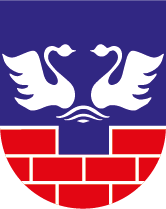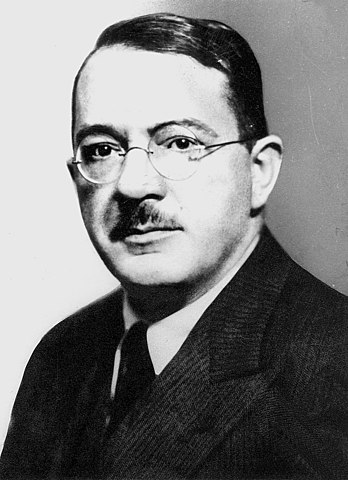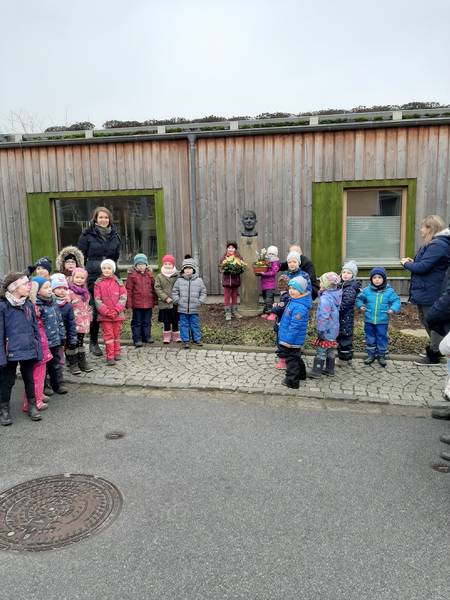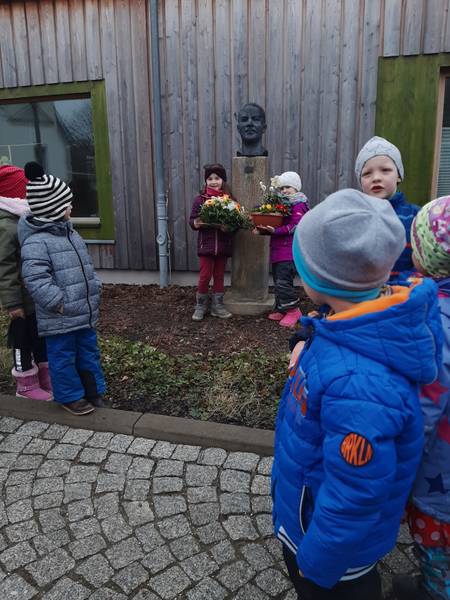| 17.06.1889 | Jan Skala was born in Nebelschütz as the son of a quarryman and a Sorbian dressmaker. |
| 1901 | After briefly attending the Bautzen Cathedral School, Jan was only able to spend one year at the Preparanda of the Catholic Teachers' Seminary, as it was not possible for his parents to raise the financing for his education. |
| 1902-1916 | After completing his ceramics apprenticeship in Kamenz, he worked in the chemical and ceramic industry throughout Germany. Jan continued his education at evening classes. |
| 1910 | Jan publishes his Sorbian poems. Before that he publishes articles in the social democratic newspaper. |
| 1916-1918 | As a soldier in Russia and the Balkans, he deepened his knowledge of Slavic languages. |
| 1918-1919 | Jan worked at the Berlin supply office. He joined the Berlin security corps during the Spartacist unrest. He then obtained a position at the Berlin police weapons office in Moabit. |
| 1919-1920 | During this time Jan was editor of the political newspaper "Serbski Dźenik" in Weißwasser, co-founder of the Lusatian People's Party and the Sorbian sports association "Serbski Sokoł". His first volume of poetry is published. |
| 1921 | After working for the Sorbian daily newspaper "Serbske Nowiny", takes up a position at the Prague government newspaper "Prager Presse". |
| 1924 | Jan worked again at the Sorbian daily newspaper "Serbske Nowiny" before joining the service of the Union of Poles in Germany in Berlin. |
| 1925-1927 | Participation in the European Minority Congresses in Geneva, where he made contacts with progressive politicians and pacifists. |
| 1925-1936 | The Association of National Minorities in Germany appointed Jan as editor-in-chief of the magazine "Kulturwehr". |
| 1936 | Prohibition of journalistic activity and deletion from the list of writers. |
| 1937 | Returning to Bautzen. |
| 1938 | Dragged off by the Gestapo for three-quarters of a year's protective custody at Dresden police headquarters. |
| 1939-1943 | Work in various companies in Bautzen and Berlin. |
| 1943-1945 | Escape from bombed Berlin to his wife's family in Dziedzice (Erbenfeld) in Upper Silesia. Employment at the "Elektroakustik" works in Namysłow (Namslaw), where he provides work for Polish resistance fighters. |
| 22.01.1945 | After being received by the Soviet army, he was killed in Dźiedźice. |
On 1 September 1965, a large rally was held to mark the dedication of a monument erected by the Domowina to the Sorbian patriot Jan Skala in Namysłów, People's Republic of Poland. Jan Skala had been closely associated with the struggle of the Polish minority in Germany at that time since the time of the Weimar Republic.
2005 - Delegation in Namysłow (PL)
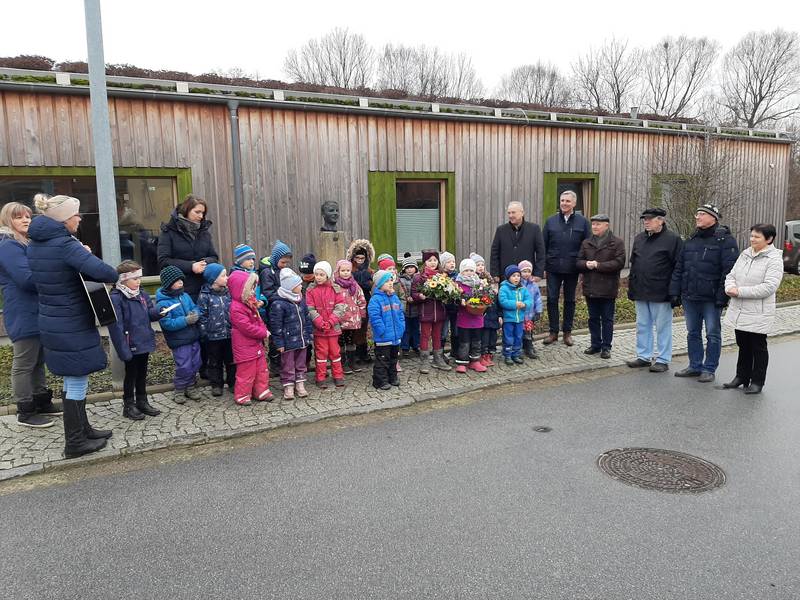 |
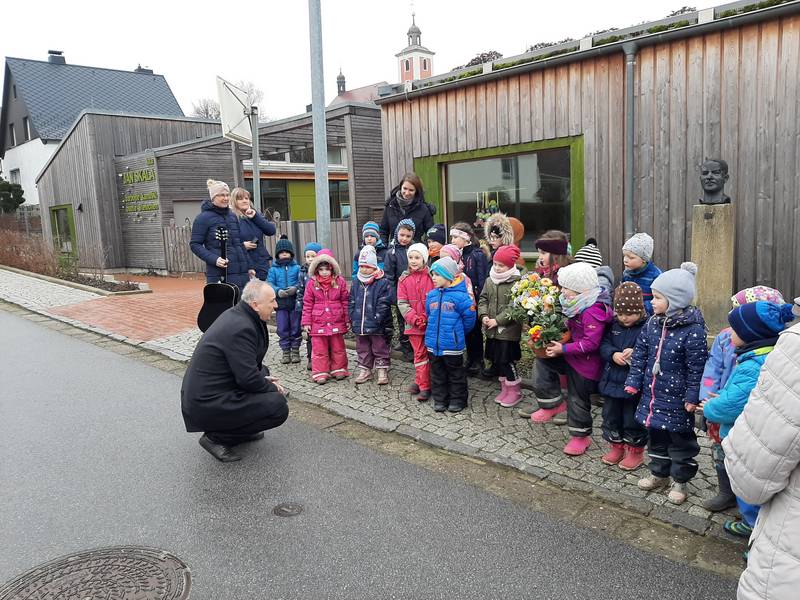 |
|
|
|
